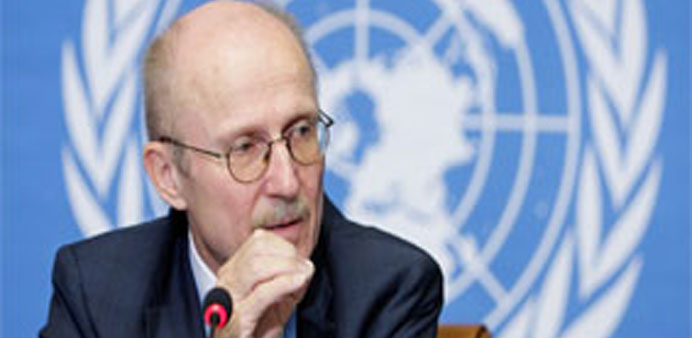UN special ambassador for sport Willi Lemke.
Berlin and Hamburg have done the paperwork and now need to get as many residents as possible on their side before the German Olympic Sport Confederation (DOSB) decides in December about a bid for the 2024 and 2028 Games.
The capital and the port city were required to fill in a DOSB questionnaire by Monday, September 1, in a first step. The DOSB will then say by December 6 whether there will be a German bid, and if so, which city will get the nod.
Criticism of the magnitude of the Summer Games with the resulting costs, and of the International Olympic Committee itself, is widespread in the country - and a bid is no foregone conclusion for one of the richest countries in the world.
A second bid of Munich to host the 2022 Winter Olympics was vetoed in a referendum less than a year ago, and Olympic opponents are now getting ready to stop the intentions of Berlin and Hamburg as well.
Both cities have pledged to involve the residents, if they are selected, via a referendum, but drumming up support even before the DOSB vote is still imperative.
Berlin is notoriously cash-strapped, but banks on many existing venues and city infrastructure to host such a big event in the city of 3.5mn.
“We have everything that Hamburg would need to build,” is the motto of the governing senate, and UN special ambassador for sport Willi Lemke said that “Hamburg stands no chance if Berlin is united.”
But a recent survey showed that only a slim majority of 52% wants the Games, while 46% are against them.
“We want to show who really makes a profit from the Olympics,” said activist Judith Demba, who was already a nay-sayer during Berlin’s ill-fated bid for the 2000 Games.
Former economics senator Harald Wolf struck a similiar note, and added that past Olympics have shown that “planned costs are significantly exceeded.”
Figures are yet to be released but experts expect Games costs of 2bn euros (2.6bn dollars), plus some 50mn euros for the bid.
Apart from existing venues such as the Olympic stadium, built for the 1936 Berlin Games and renovated ahead of the 2006 football World Cup, legacy is the key word.
The Olympic village is to be erected on the area of the then closed Tegel airport, and its 4,000-5,000 flats made available to the public after the Games.
Berlin is bidding for the fifth time overall while Hamburg makes a second attempt, after losing a domestic competition against Leipzig to bid for 2012.
Politicians expect a similar budget of 3bn dollars to that of London which eventually hosted the Games two years ago.
The city of 1.7mn appears to have bigger public support than Berlin, 73%, according to a recent survey.
Reinhard Wolf from the local chamber of commerce says that “we have 35 of the 41 required venues” and that infrastructure costs should not be added to the overall Games budget because these measure would have to be taken anyway.
A disused part of the harbour, on an island of the river Elbe right in the city centre, is to be the Olympic Park.
The proposed Olympic stadium is to be cut down from a 75,000 capacity to 25,000 after the Games. A planned big indoor area would become part of a cruise ship terminal afterwards.

